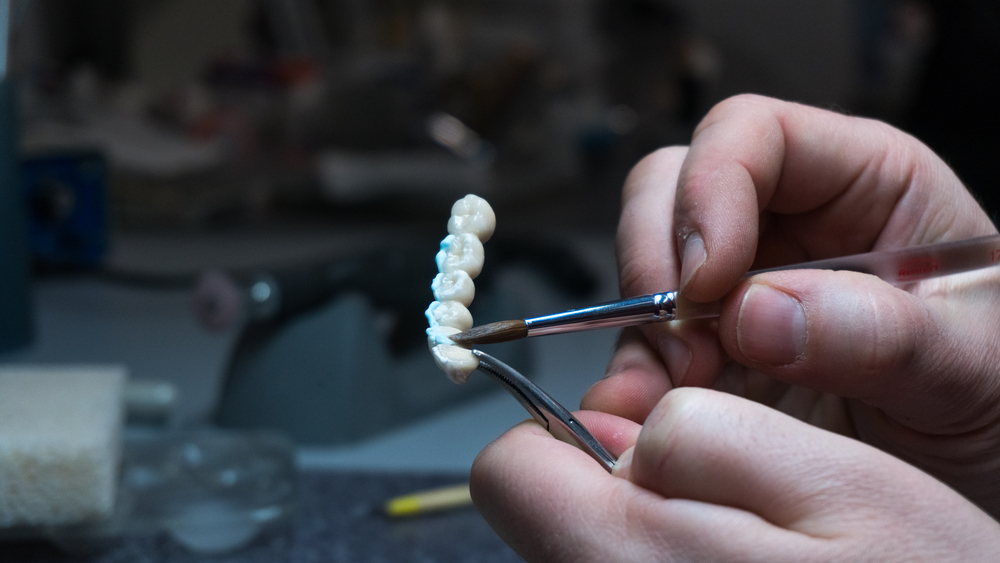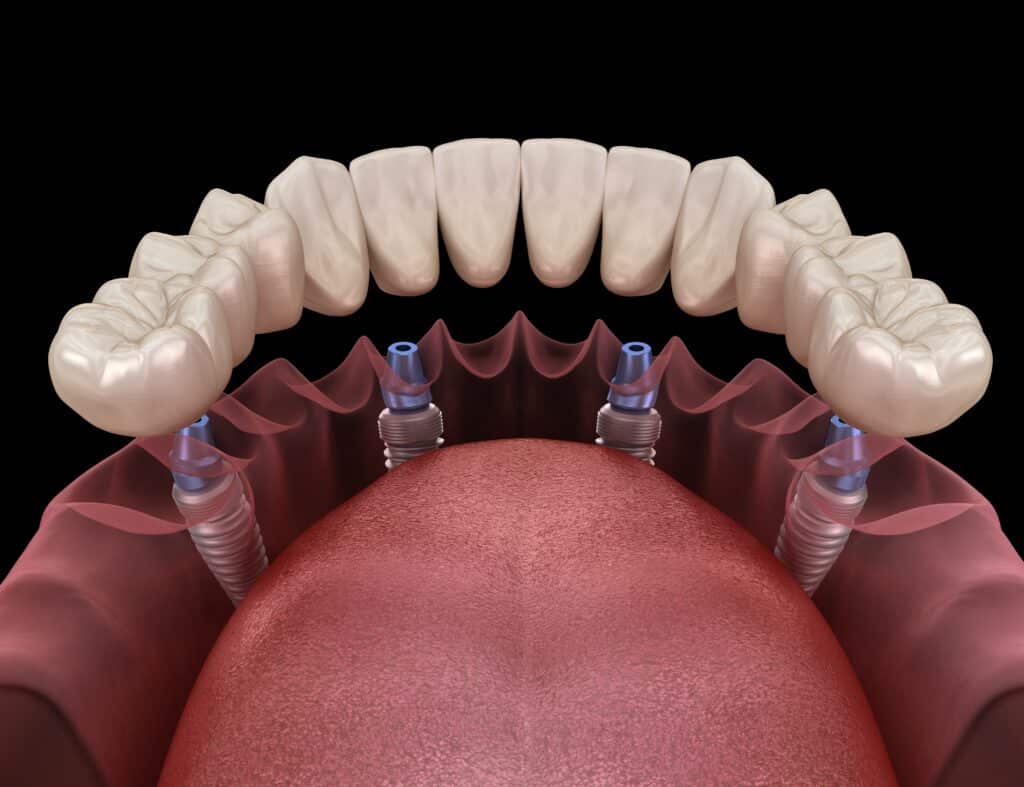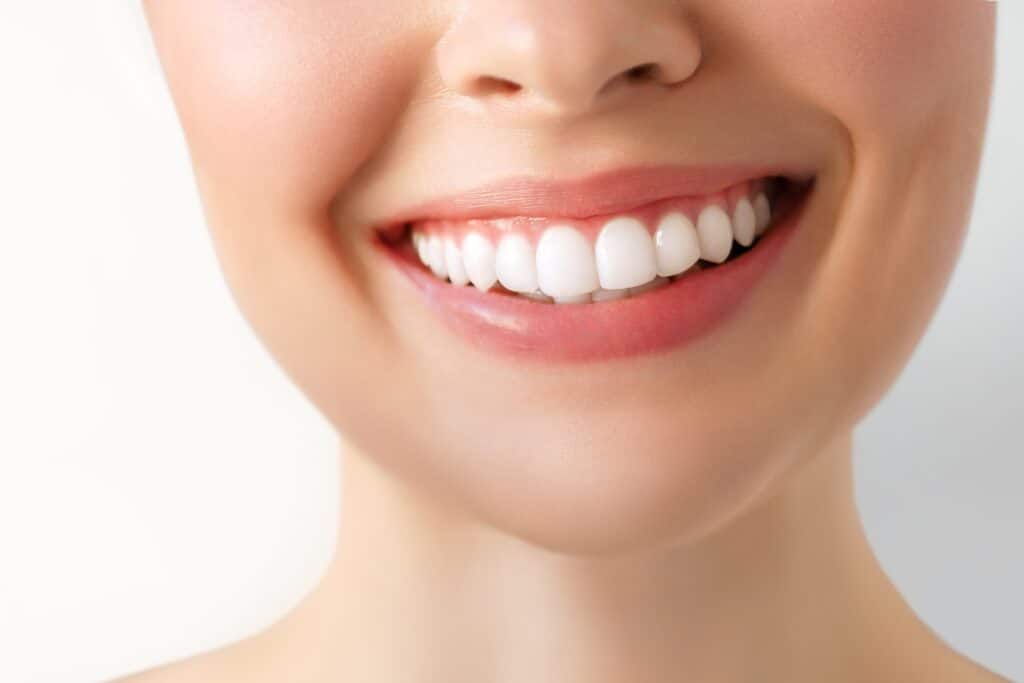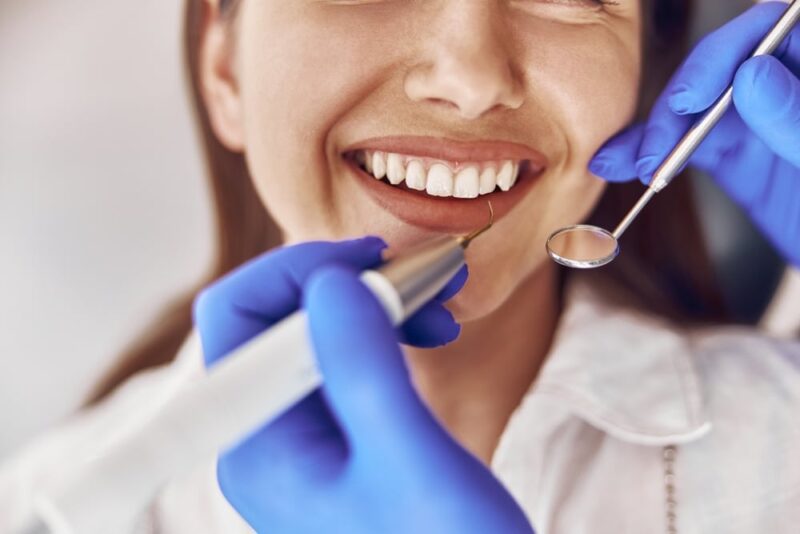As your local dentist in Salmon Creek, Dr. Nelson strives to help educate his patients on the surprising ways that connect our oral and overall heath. Regular readers of our Salmon Creek Family Dental blog will know that we regularly highlight studies that show how the health of our teeth and gums impacts the health of our bodies as a whole.
A recent study helps to further illustrate this connection by finding that chronic gastrointestinal problems may actually start due to what’s in a patient’s mouth. Published in the journal Science, the study – conducted by a panel of international researchers – reported on strains of oral bacteria that, when ingested in the 1.5 liters of saliva the average person consumes a day, can root in the stomach and cause the development of inflammatory bowel conditions like ulcerative colitis and Crohn’s disease.
“For some time now, we’ve noticed that when we look at the microbiome of patients with inflammatory bowel disease, or IBD, we’ve found microbes there that normally reside in the oral cavity,” wrote researchers.
Researchers have spent many years attempting to identify genes associated with inflammatory bowel disease and determine which genetic variants increase a patient’s risk. Researchers discovered that certain types of bacteria can exist harmoniously when they stay in their natural environments. However, when those bacteria travel to foreign parts of the body – such as from the mouth to the stomach – they can become pathogenic.
Identifying Troublesome Bacteria
Researchers believe that have successfully identified two strains of the potentially problematic bacteria, Klebsiella, which is commonly found in the mouth. In the study, researchers administered saliva taken from two patients with Crohn’s disease to two groups of healthy mice. While one of the groups did not become ill, the other developed a strong immune response normally associated with Crohn’s. Examining the bacteria in that group’s saliva samples, researchers identified a strain of Klebsiella as responsible for the immune system response. Another follow up experiment using saliva samples taken from two patients suffering from ulcerative colitis identified another strain of Klebsiella as responsible for causing inflammation.
By comparing the results of their study with a database that contained information on thousands of IBD patients at the Hospital of the University of Pennsylvania, researchers discovered that patients suffering from inflammatory bowel conditions had significantly higher levels of Klebsiella in their stomach microbiomes when compared to healthy patients.
To explain this connection, researchers hypothesized that oral bacteria – including Klebsiella – transitions to everyone’s stomach through the saliva they swallow each day. While the bacteria usually pass through harmlessly, patients with a genetic susceptibility to IBD that alters the microbiome of their stomachs, the bacteria have the opportunity to take hold in the intestine and begin to grow, causing an immune response that causes the disease to develop.
Researchers also discovered that Klebsiella bacteria is often extremely resistant to a variety of antibiotics. That helps to explain why the use of antibiotics have only limited success in helping to treat patients suffering from ulcerative colitis and Crohn’s. In fact, researchers noted that the more resistant the bacteria becomes to antibiotics the more likely it is to cause an immune response. This supports the conclusion from a 2014 study that found patients who took antibiotics early to treat their bowel disease actually suffered from more severe outcomes.
Improving Future Treatment Methods
While more research is needed to confirm the results of this latest study, researchers believe this opens a useful path for the further investigation into the treatment of inflammatory diseases. “This is a direction that research on the role of the microbiome in inflammatory bowel disease – and many other diseases – should take,” commented researchers. “Once you identify these types of bugs, then you have a target.”
Other studies are currently underway working on therapies designed to eliminate or remove these two strains of Klebsiella bacteria from the microbiome.
So while the prevention of oral bacteria related disease usually starts with better oral hygiene, this appears a case where causation has more to do with nature than it does nurturing quality hygiene habits. Either way, this study further illustrates what your local dentist in Salmon Creek has been saying, what happens in the mouth really matters.







